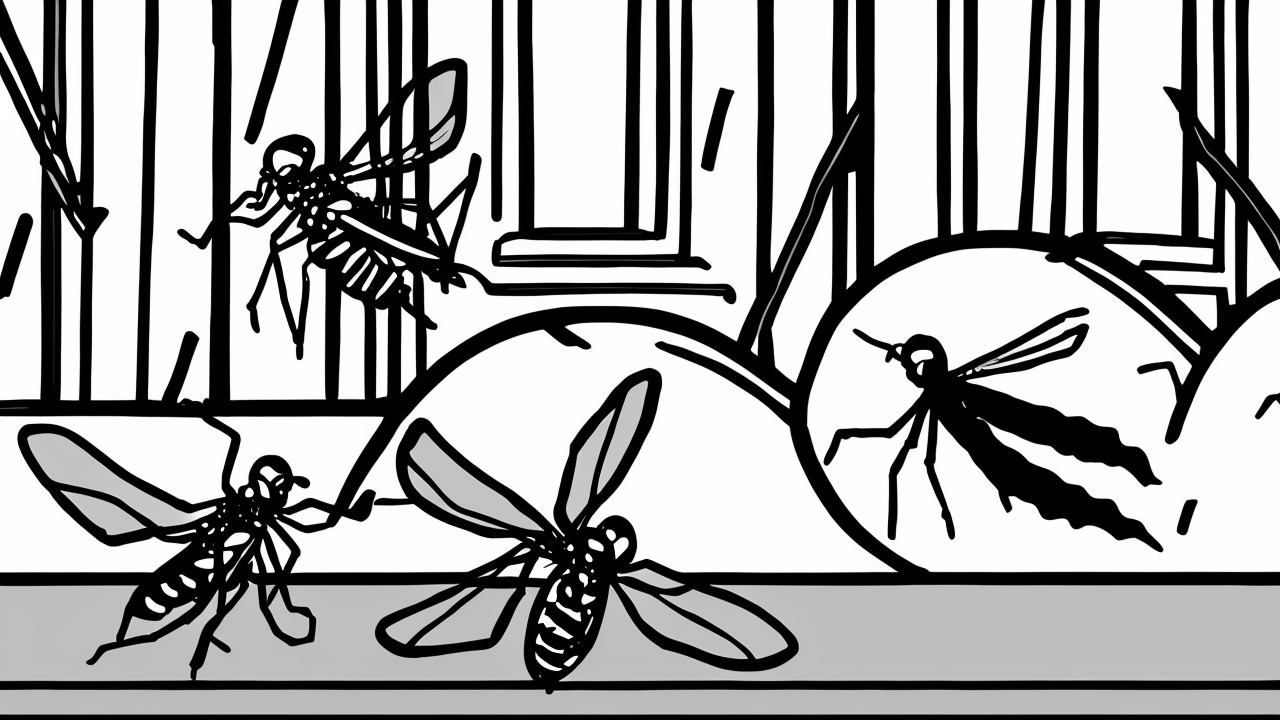Gene-Edited Mosquitoes Show Promise in Drastically Reducing Malaria Transmission

In a groundbreaking study published in the journal Nature, researchers have demonstrated that gene-edited mosquitoes could significantly reduce the spread of malaria. By targeting a specific allele in the mosquito genome, the team achieved a 93% reduction in malaria transmission in laboratory experiments.
The study focused on the Anopheles stephensi mosquito, a key vector for malaria in urban areas. Researchers modified the FREP1 gene, replacing a single amino acid (leucine with glutamine) to create a protective allele (Q224) that makes mosquitoes resistant to Plasmodium infection. Using CRISPR-Cas9 technology, they successfully introduced this allele into mosquito populations and observed its spread through a linked allelic drive system.
Testing revealed that mosquitoes carrying the Q224 allele experienced minimal fitness costs, with no significant impact on their ability to reproduce or survive. The protective effect was most pronounced in homozygous mosquitoes, which showed a dramatic reduction in parasite loads. At low infection levels, the median number of oocysts (parasite stages in the mosquito gut) dropped to zero, and sporozoite numbers in the salivary glands decreased by fivefold.
The linked allelic drive system proved highly efficient, with the protective allele spreading to over 90% of the mosquito population within 10 generations. Bayesian modeling confirmed that the drive mechanism, combined with low rates of non-homologous end joining mutations, enabled rapid population-level suppression of malaria transmission.
This research offers a promising complement to traditional malaria control methods, such as insecticide-treated nets and antimalarial drugs, which are increasingly undermined by resistance. By preserving mosquito biology while reducing transmission, this approach could pave the way for sustainable, population-wide malaria control. Further studies are needed to validate these findings in field settings and establish robust governance frameworks for deployment.
Published: 7/25/2025
















